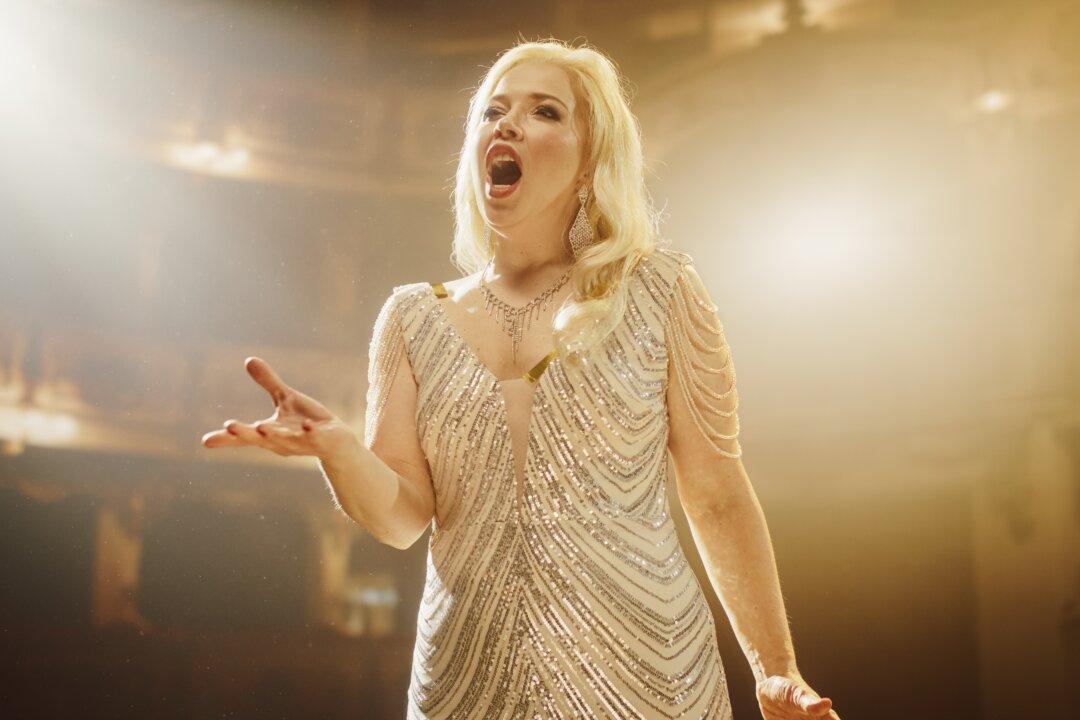Even if you haven’t seen many classic films, you’ve probably heard of the famous film couple Humphrey Bogart and Lauren Bacall. Of the four movies that these married actors made together, “Key Largo” from 1948 is one of the most acclaimed. Also starring Edward G. Robinson, Lionel Barrymore, and Claire Trevor, this John Huston-directed movie paired these great screen lovers as a hardened veteran and a war widow who find love in the Florida Keys. In addition to being the final Bogie and Bacall movie, it is considered one of the finest films noir. What most people don’t know about “Key Largo” is how inspiring it is.
This movie shows a man’s struggle to continue fighting for what he knows to be right, even though his experiences have hardened him. After risking his own life and seeing friends lose theirs during the war, Bogart’s character, Frank McCloud, is bitter because, like many veterans, he wonders if the world is better off because of the fighting. When he faces a powerful gangster, he questions the use of sacrificing himself to destroy one evildoer. After all, the world is full of them. However, in the face of danger, he realizes that life isn’t worth living if he doesn’t fight for his values.





